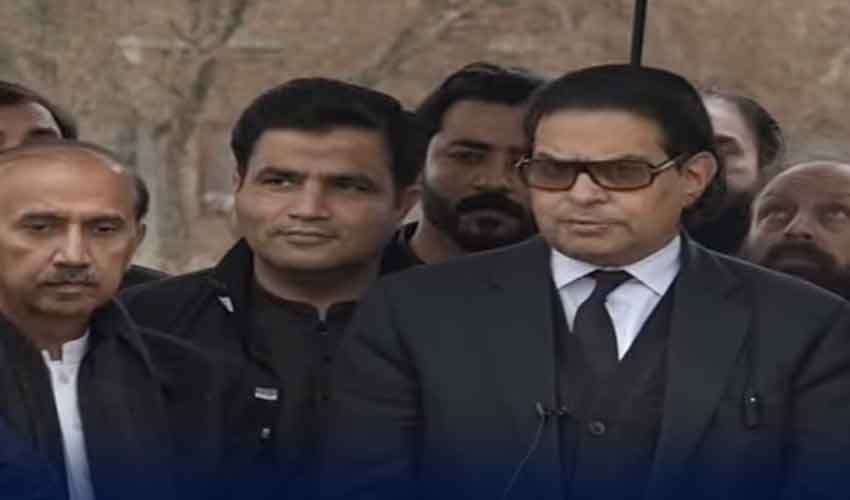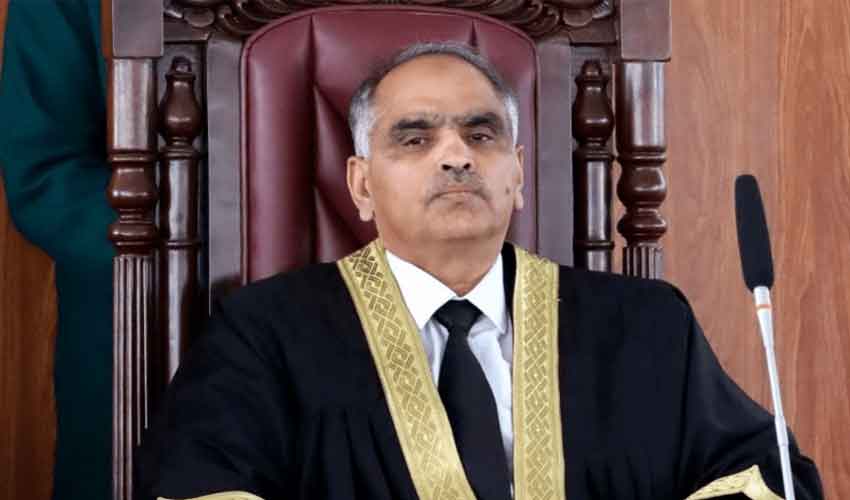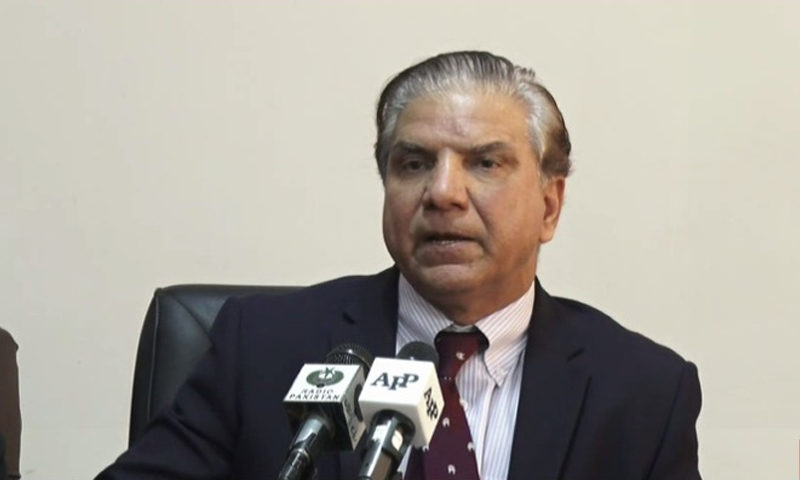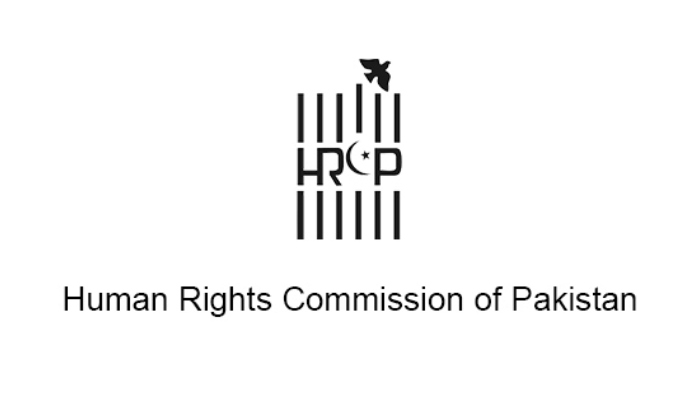LEGAL
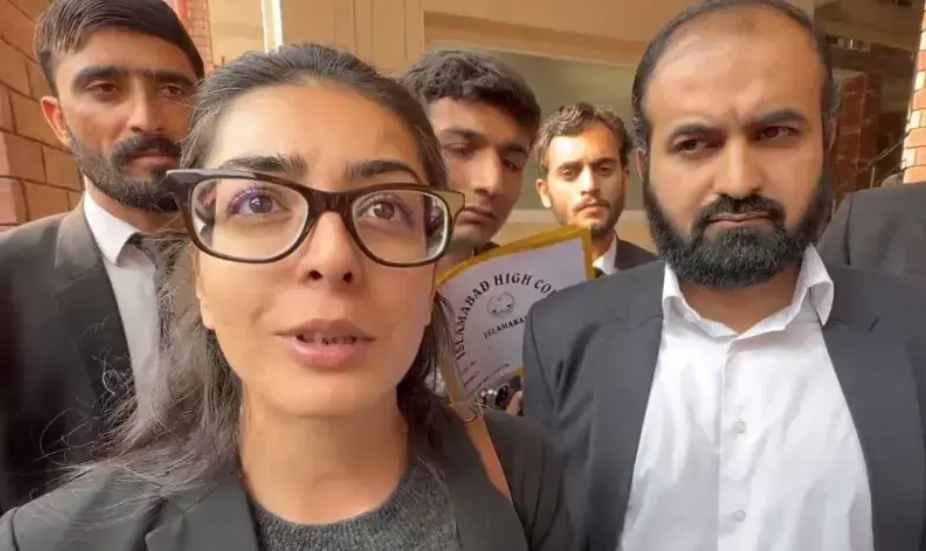
A court-appointed defence counsel for lawyer and rights activist Imaan Zainab Mazari-Hazir and her husband, Advocate Hadi Ali Chattha, refused on Tuesday to cross-examine prosecution witnesses in a case related to alleged controversial social media posts, citing lack of preparation time and pressure to ask “dictated” questions.
The case, registered by the National Cybercrime Investigation Agency (NCCIA), accuses Mazari and Chattha of attempting to stoke linguistic divisions through online posts and creating an impression that Pakistan’s armed forces were engaged in terrorism within the country.
Counsel Cites Pressure, Insufficient Preparation
During proceedings before Additional District and Sessions Judge Mohammed Afzal Majoka, court-appointed defence counsel Advocate Shakeel Jatt stated that he had been approached around 4pm on Monday — less than 24 hours earlier — to represent the accused.
Jatt told the court that he had not been provided the case file in time and therefore could not adequately prepare for cross-examination. He further alleged that he was handed 15 questions with instructions that he must ask them in court.
“I am in favour of a fair trial. I cannot ask questions that are dictated to me. My conscience does not allow this,” he said, emphasising that every accused individual has a constitutional right to a fair and impartial trial.
Jatt requested additional time to study the case before cross-examining witnesses, saying he could not fulfil his professional duties without first reviewing the evidence.
Judge Majoka accepted the request and adjourned the hearing until November 27 (Thursday).
Background to the Case
Mazari earlier claimed that a state defence counsel was forcibly appointed for her and her husband. Both were indicted on October 30, a day after Chattha was arrested outside the courtroom for alleged non-appearance.
Mazari, however, insisted that video evidence showed Chattha was present both “inside and outside the courtroom.” Chattha also told reporters after his release that he had arrived five minutes before the proceedings on October 29, but the judge nevertheless issued an arrest warrant “to his face.”
The case continues to draw attention due to allegations of procedural irregularities and concerns regarding fair trial rights.
